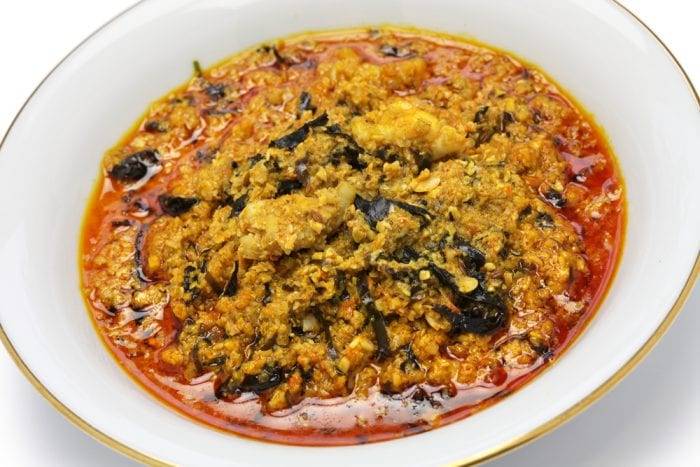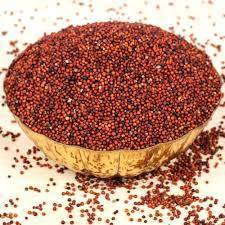Many Nigerians are searching for inexpensive methods to keep eating meals high in protein because beans are becoming more and more expensive. There are many low-cost protein sources that are simple to include in regular meals. With the price of beans continuing to rise, try these three reliable, reasonably priced protein foods:
1. Eggs

Protein Foods
Because of their high protein content and adaptability, eggs are a common fixture in many Nigerian households. About 6 grammes of protein and several important nutrients, including vitamins A, D, E, and B12, can be found in one big egg.
Advantages of Eggs
a. Dense in nutrients: Packed with vital vitamins and minerals.
b. Adaptable: May be cooked in a variety of ways, such as boiling, scrambling, frying, or adding to soups and stews.
c. Reasonably priced: Continues to be an inexpensive way to get high-quality protein.
2. Melon Seeds (Egusi)

Protein Foods
The melon plant’s seeds are used to make egusi, a popular component in Nigerian cooking that is renowned for both its flavour and nutritional value. Egusi, which is frequently used to soups and stews, gives a variety of traditional foods a distinctive flavour and several health advantages. Let’s examine the many benefits of including egusi in your diet.
a. Rich in Protein: Egusi seeds are a good source of plant-based protein.
b. Vitamins and Minerals: Egusi seeds are rich in vitamins and minerals.
c. Digestive Health: Egusi contains dietary fibre, which improves regular bowel movements and aids in weight management.
3. Millet

Protein foods
Millet, which is frequently eclipsed by more popular grains, is a nutritious and adaptable cereal that has a place in the Nigerian diet. This ancient grain, noted for its resilience and adaptability, is not only a mainstay in many Nigerian communities, but it also has various health benefits. It contains a sufficient amount of plant-based protein, which is required for muscle repair and growth.
Benefits of Millet
a. Protein: Rich in plant-based protein, essential for muscle repair and growth.
b. Millet is abundant in dietary fibre, which promotes digestive health.
c. Blood Sugar Levels: Slowly releases glucose into the bloodstream, avoiding rapid blood sugar spikes.










